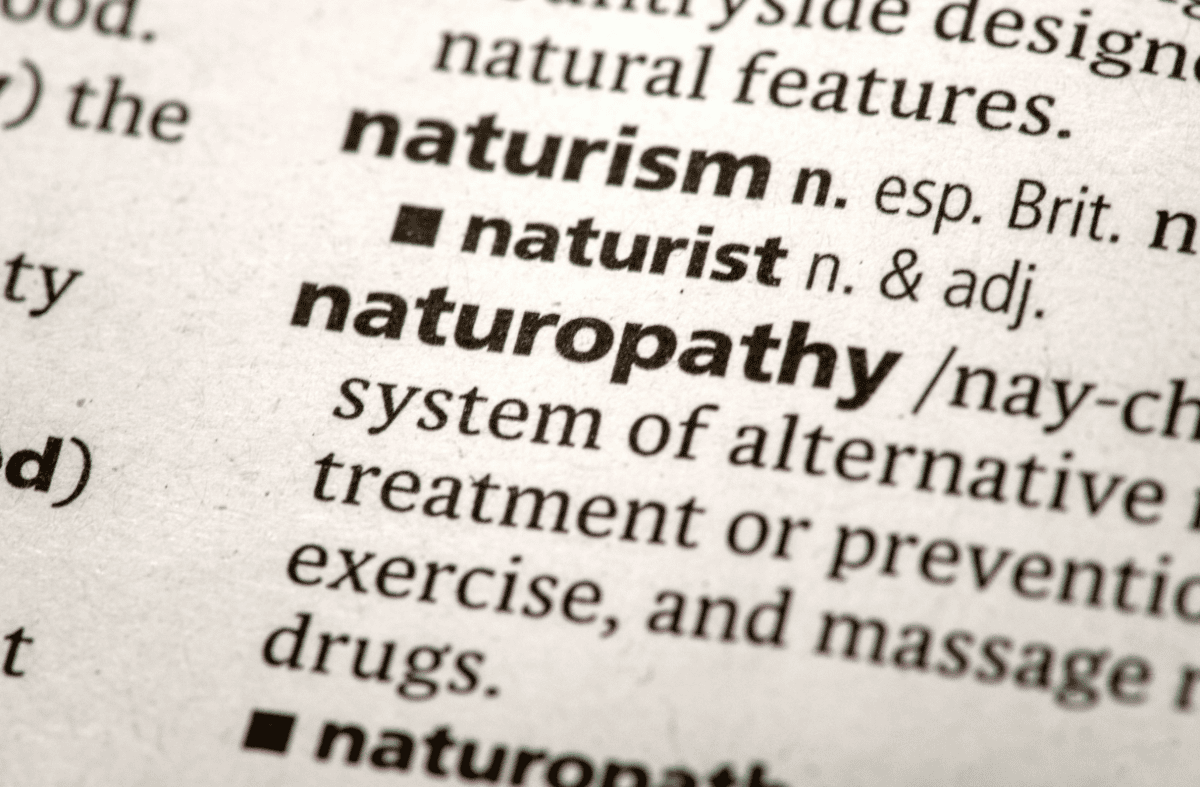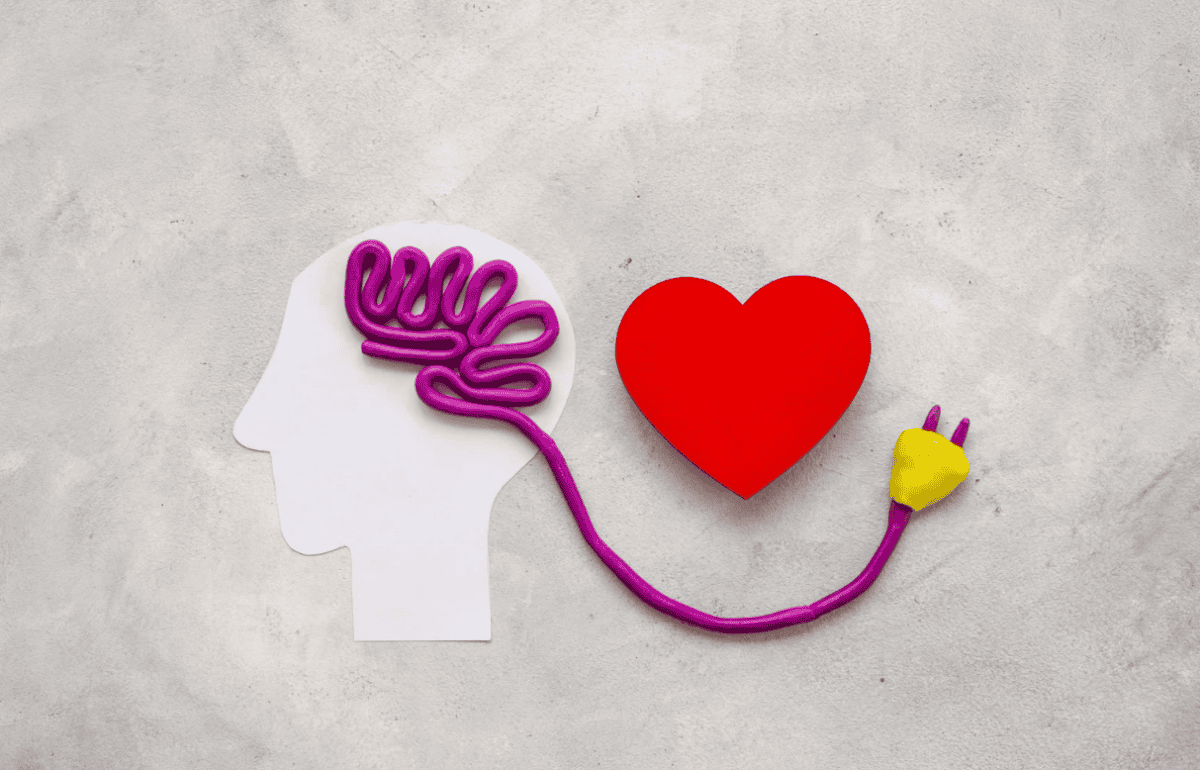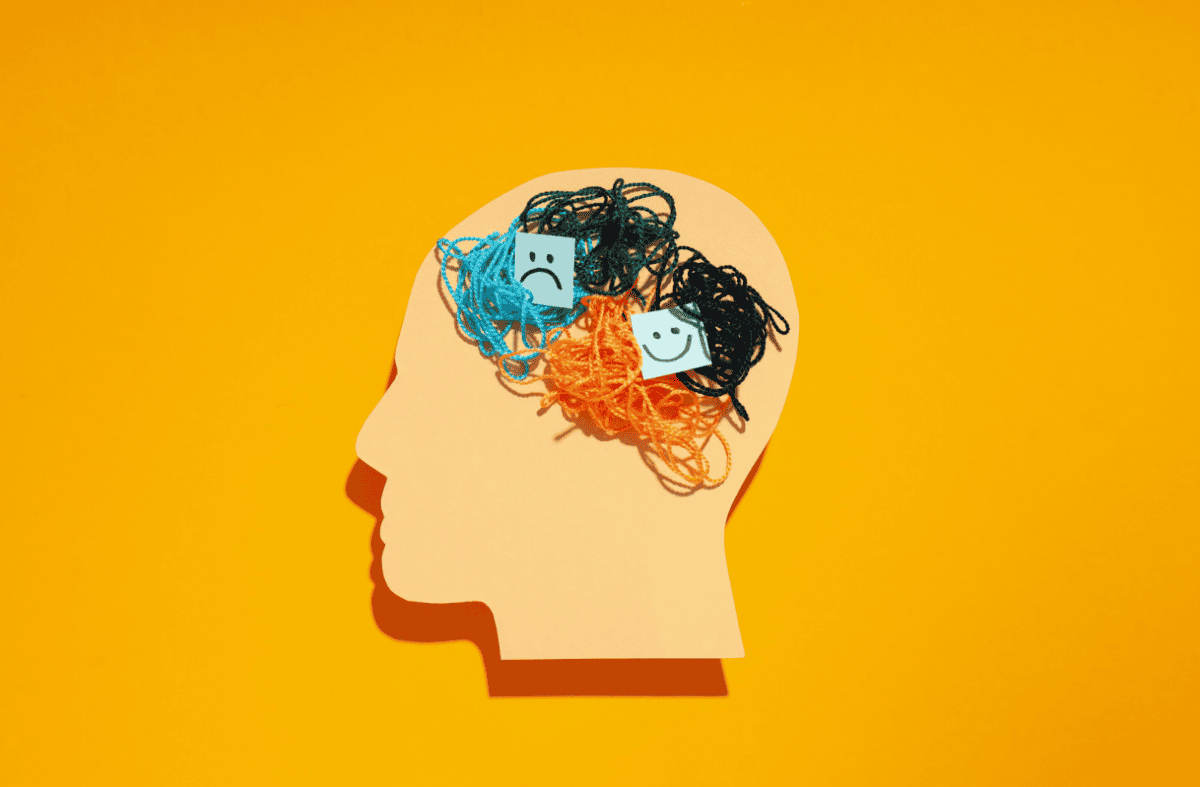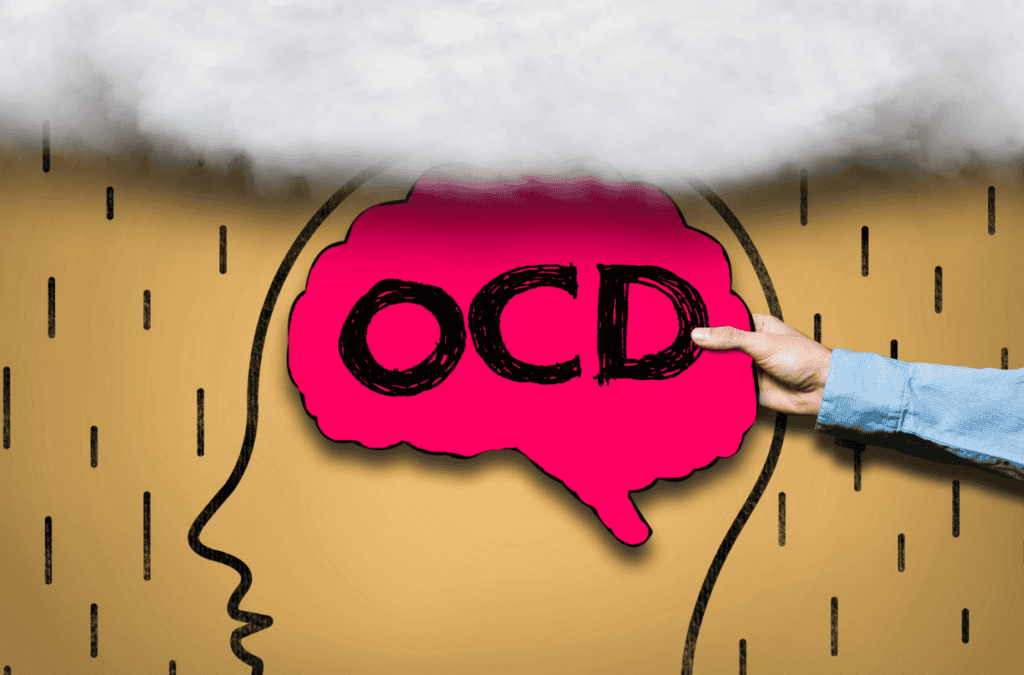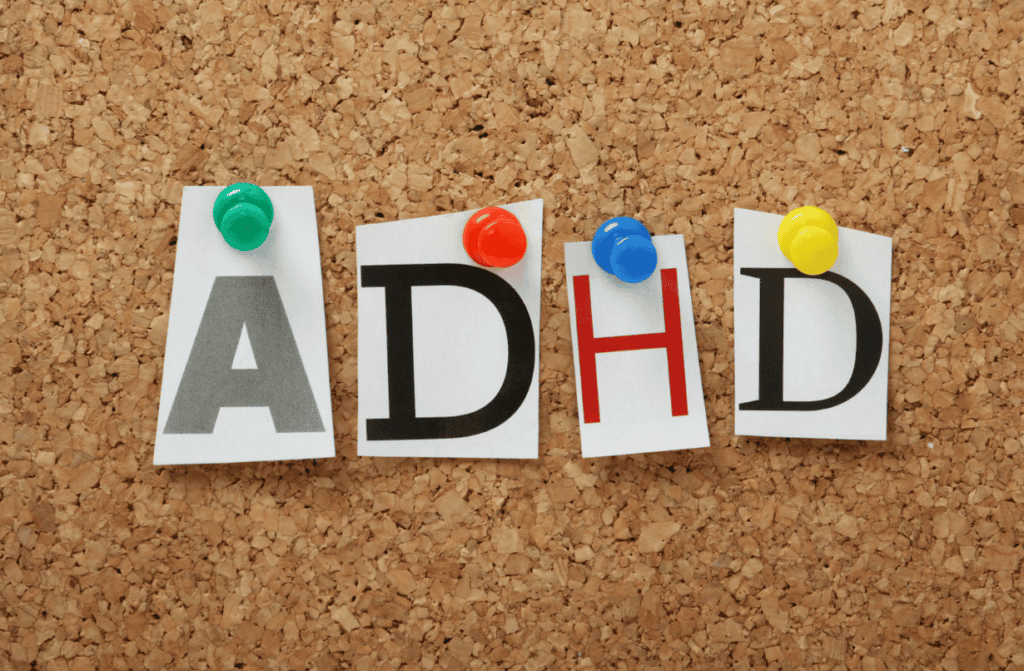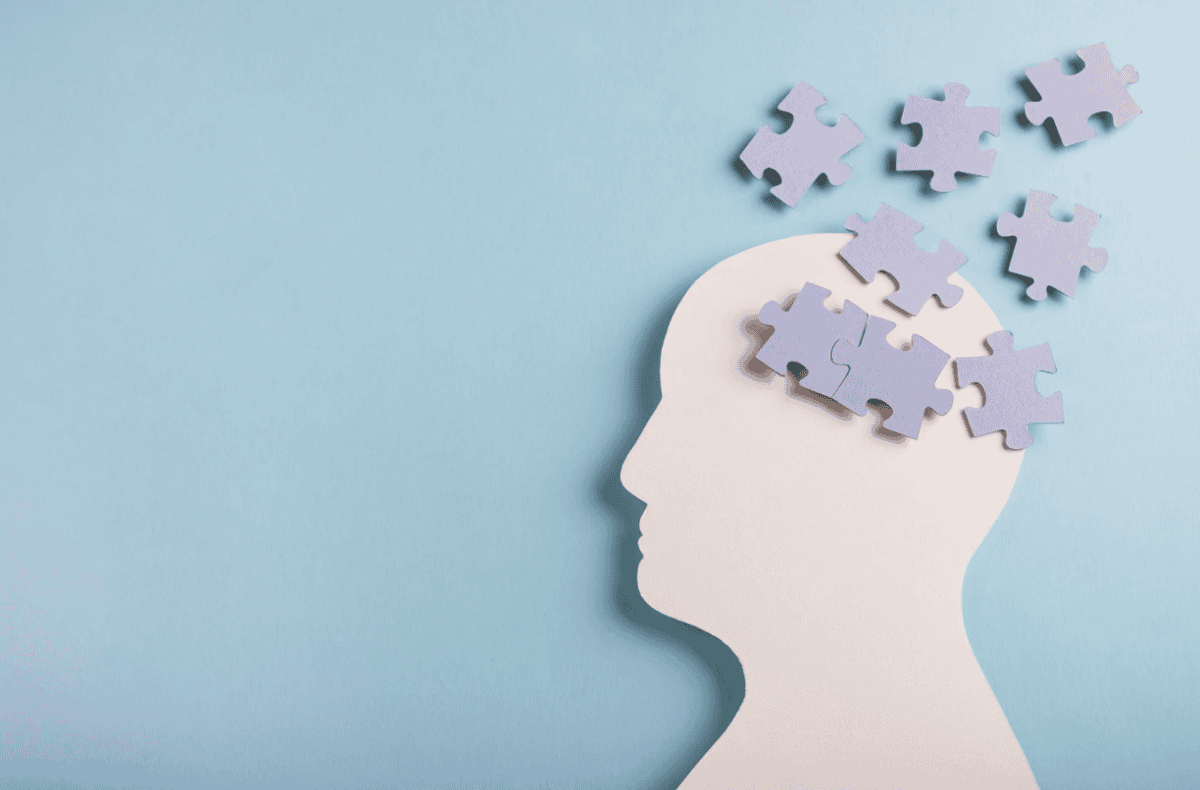The connection between the mind and body plays a important part in maintaining health overall. It focuses on the interplay between physical and mental well-being and how stress and emotional states can affect the body. One of the systems that is most affected includes the circulatory system that is responsible for transporting nutrition and oxygen throughout your body.
Stress and mental health issues could affect the function of this system and cause issues like hypertension, inadequate blood flow, and serious cardiovascular illnesses.
Understanding the relationship between physical health and circulatory health is crucial for taking preventive actions. For instance, stress can trigger hormones such as cortisol, which may increase inflammation and negatively affect blood vessels. In the same way, mental health challenges like depression and anxiety could cause unhealthy behaviors and can harm the circulatory system.
This article will examine the way that stress and mental health influence the system of circulation. It will also provide practical strategies and talk about the medical treatments that can help to keep both physical and mental health. The recognition of this connection will empower people to take proactive steps to better health.
Understanding the Mind-Body Connection
The mind-body connection refers the relationship between emotions, thoughts, and physical well-being. This connection plays an important function in overall wellness because emotional and mental conditions directly affect how your body performs. Positive emotions and lower stress levels help to maintain balance in the body’s systems, whereas negative emotions such as anxiety and chronic stress can disturb this balance.
Anxiety, stress and depression are especially detrimental to well-being. For instance, chronic stress causes the release of hormones like cortisol and adrenaline. As per Harvard Health, the prolonged exposure to the hormones can lead to blood vessels becoming inflamed which increases blood pressure and also strains the heart. In time these effects may lead to serious circulatory issues such as heart disease and atherosclerosis.
Nervous system the most important to the connection between mind and body. It relays information between the brain as well as other organs, such as the blood vessels and the heart. If the brain detects stress the nervous system initiates the “fight-or-flight” response, which temporarily increases the heart rate, and also constricts blood vessels. While this reaction is beneficial for short-term scenarios, prolonged activation could damage the circulation system.
In understanding this connection people are able to understand the effects of physical health and mental health and can take action to keep their equilibrium.
The Impact of Stress on Circulatory Health
Stress triggers a range of physical reactions which directly impact the circulation system. When the body is under stress hormones such as adrenaline and cortisol are released which can cause an increase in blood pressure and heart rate.
As time passes, this continuous pressure on blood vessels could cause inflammation, which makes them less elastic and more vulnerable to damage. As per the National Institute of Health the stress of mental health causes heart disease and atherosclerosis. Plaque forms in the arterial walls, which restricts the flow of blood.
Stress can lead to negative coping habits like drinking, smoking or abstaining from exercise. These behaviors further stress circulation, thereby increasing the likelihood of being overweight and hypertension as well as other issues with the cardiovascular system. For instance, excessive eating may result in weight gain, which puts more pressure on the veins, particularly those in the legs.
Varicose veins can be a sign of circulatory issues that can be aggravated by prolonged stress. The stress-related decrease in blood flow and weak vein walls could cause the development or worsening in varicose veins. These veins that are enlarged and twisted can trigger pain, swelling and discomfort, particularly when they are not treated.
If you suffer from varicose veins as a result of circulatory issues The Elite Vein Clinic offers specific treatments to relieve discomfort and improve the health of the vascular system. Making steps to reduce stress and adopting healthier lifestyles will help safeguard the circulatory system and avoid any further issues. Understanding the relationship between stress and circulation health is crucial to ensuring the overall health of your body.
Mental Health and Circulatory Diseases
Mental health issues like depression and anxiety, are strongly linked to the risk of developing cardiovascular and circulatory disorders. These conditions may affect the body’s response to stress and cause long-term physiological changes that stress the circulatory system.
In this PMC report one of the primary pathways that link mental health and circulatory issues is the excessive production of cortisol, which is the body’s principal stress hormone.
The high levels of cortisol can cause inflammation, raise blood pressure levels, as well as even damage blood vessels in the course of time. The constant state of inflammation reduces the cardio-vascular system which makes it more susceptible to ailments such as atherosclerosis, hypertension, and heart disease.
A poor mental state can lead to a dysfunctional coping mechanism that can further affect circulation health. For instance, people suffering with anxiety or depression may not exercise and lead to a more sedentary life style.
The inactivity can hinder blood circulation and increase the chance of developing varicose veins and blood clots. In addition, poor mental health can lead to excessive eating or eating unhealthy food as well, which could make circulatory issues worse through the increase in cholesterol levels and weight growth.
The importance of addressing mental health is not just for the well-being of your mind but also for ensuring physical health. Making the effort to control depression and anxiety through therapy, support and a healthy lifestyle will significantly lower the risk of developing circulatory disorders. The recognition of this connection allows people to take an approach that is more holistic in their approach to health.
The Role of Lifestyle in Managing Stress and Circulatory Health
Making healthy lifestyle choices will improve your the circulatory and mental health which can reduce the chance of stress-related health problems. Simple lifestyle changes every day could have a major impact on your overall health.
Regular exercise is among the most effective methods to improve the health of your mind and improve circulation. As per the URMC website exercising produces endorphins, which lower stress and boost mood, while also strengthening the heart and enhancing blood circulation. Exercises like swimming, walking cycling, or walking can help reduce the risk of a condition such as varicose veins.
Balanced Diet
A diet that is rich in vegetables, fruits as well as whole grains and protein lean helps reduce inflammation and ensures well-functioning blood vessels. Reduced consumption of sugar and salt will also help stop high cholesterol and excess weight both of which can strain the circulatory system.
Stress Management Techniques
Mindfulness practices, including yoga, meditation, and deep breathing are beneficial in relaxing the mind and reduce stress. They can help lower cortisol levels, and also help maintain a healthy heart as well as blood vessels.
Seeking Professional Help
If you’re a person who is struggling with anxiety, stress or depression, counseling or therapy can offer the necessary tools to manage. Psychologists can assist deal with the root of the issue and aid in general recovery.
The maintenance of both physical and mental health is essential to avoid problems like varicose venous disease and improving the quality of living. An active approach will ensure that both body and mind are working together to ensure long-term health.
Medical Solutions for Varicose Veins and Circulatory Issues
Treatments for varicose veins provide effective ways to reduce discomfort and improve the health of your circulation. The treatment targets the root cause like weak blood flow and damaged vein walls. They also relieve symptoms such as pain, swelling and fatigue.
The advancements in minimally invasive techniques have helped make treatments more efficient and less pervasive. As per this ScienceDirect report that describes the techniques used, such as laser therapy for endovenous veins and sclerotherapy as well as radiofrequency ablation deliver excellent outcomes with shorter time to recover. These techniques are effective by clobbering or eliminating the damaged veins and redirecting blood flow to more healthy veins.
It’s crucial to talk with vein specialists to receive individualized treatment. Clinics such as those at Queens Varicose Vein Doctor provide customized treatment plans based on specific needs. Their experience and expertise ensures that the underlying issues and symptoms are treated effectively, helping patients recover their mobility and comfort.
Getting timely treatment can not only improve vein health, but it also helps prevent future complications, allowing people to live a more active, healthier lifestyle.
Final Words on Stress and Mental Health
Mental and stress-related health issues influence circulation health, which highlights the importance of understanding the connection between mind and body. If we can recognize how mental health issues impact physical systems, individuals can take preventive steps to treat and prevent problems with circulation.
A holistic approach is vital that combines mental health along with lifestyle changes such as exercising and eating healthy eating, and medical expertise for issues like varicose veins. The treatment of both physical and mental health does not just reduce the chance of developing complications, but can also improve overall health.
If they take the proper steps and the right support, people can increase their health and have more enjoyable lives.

















